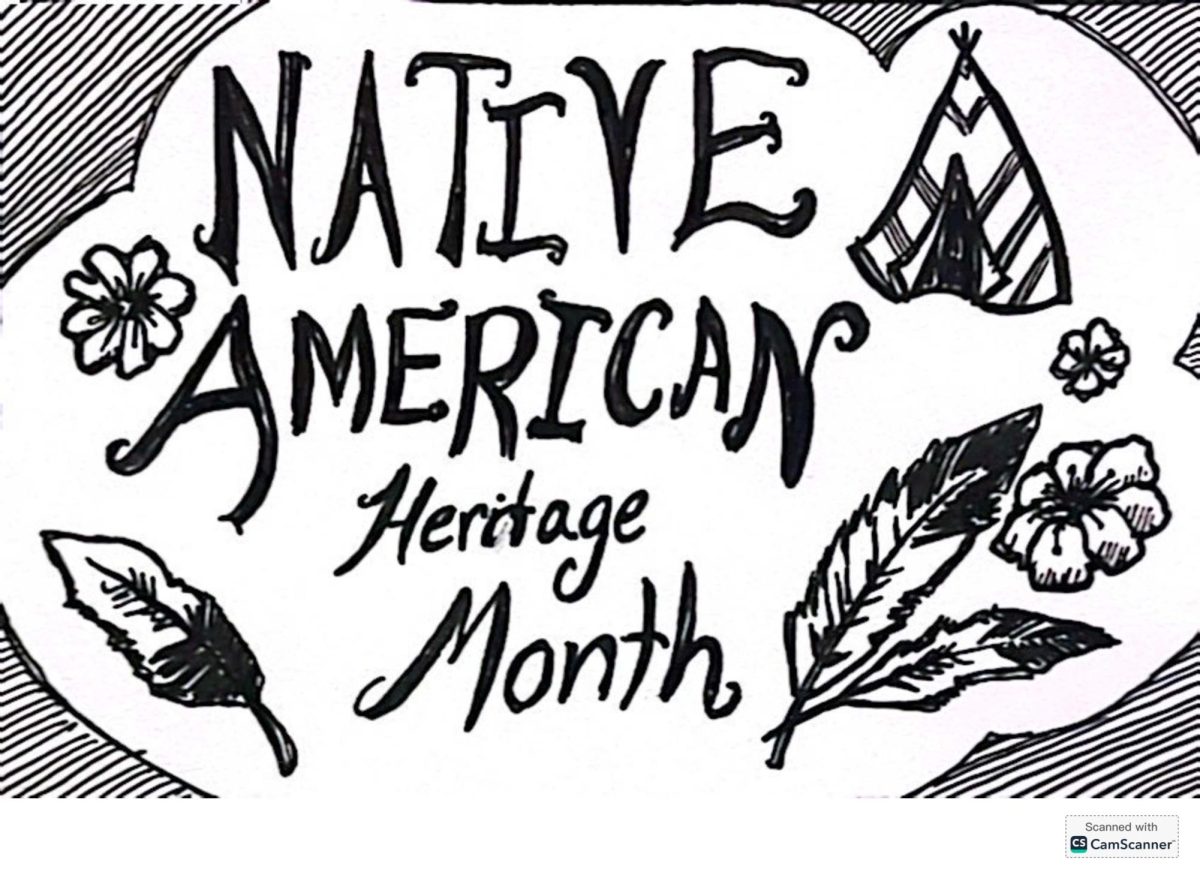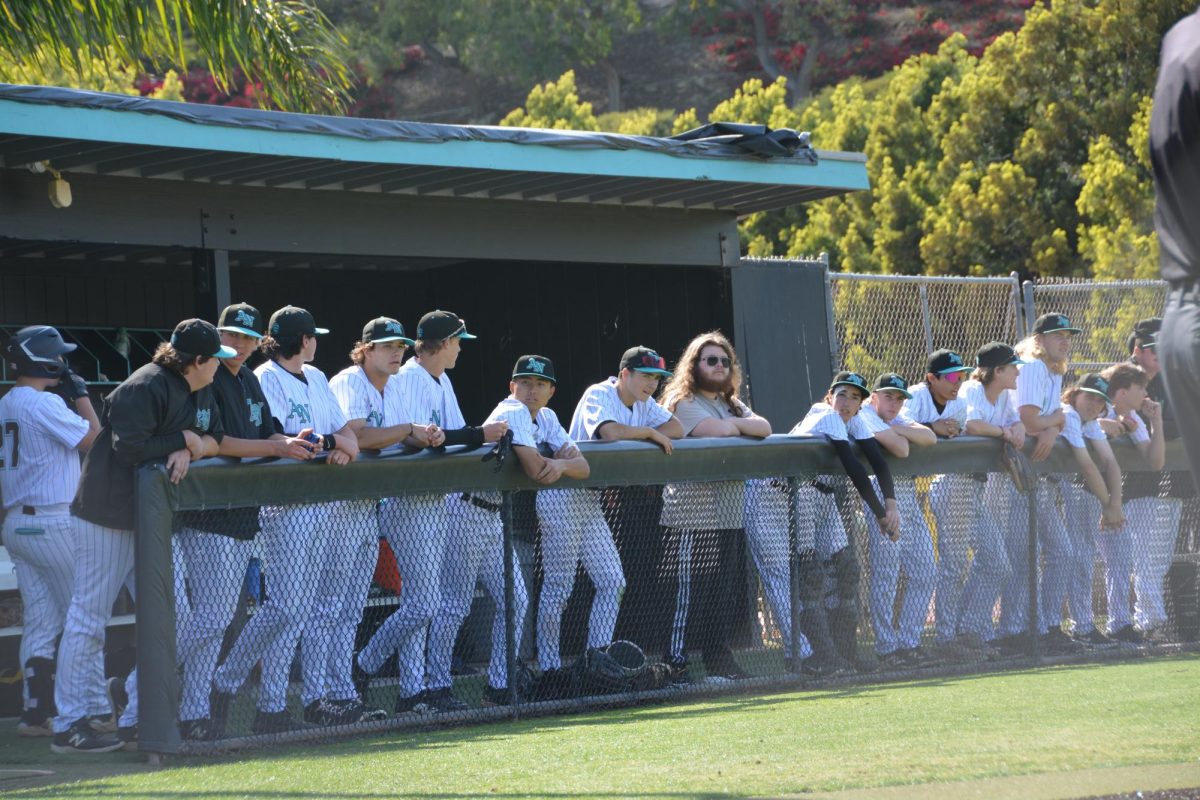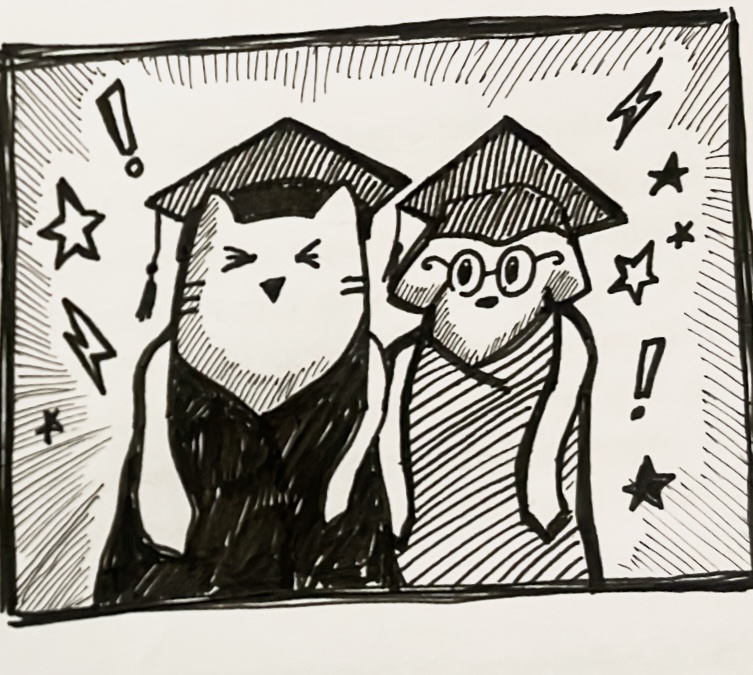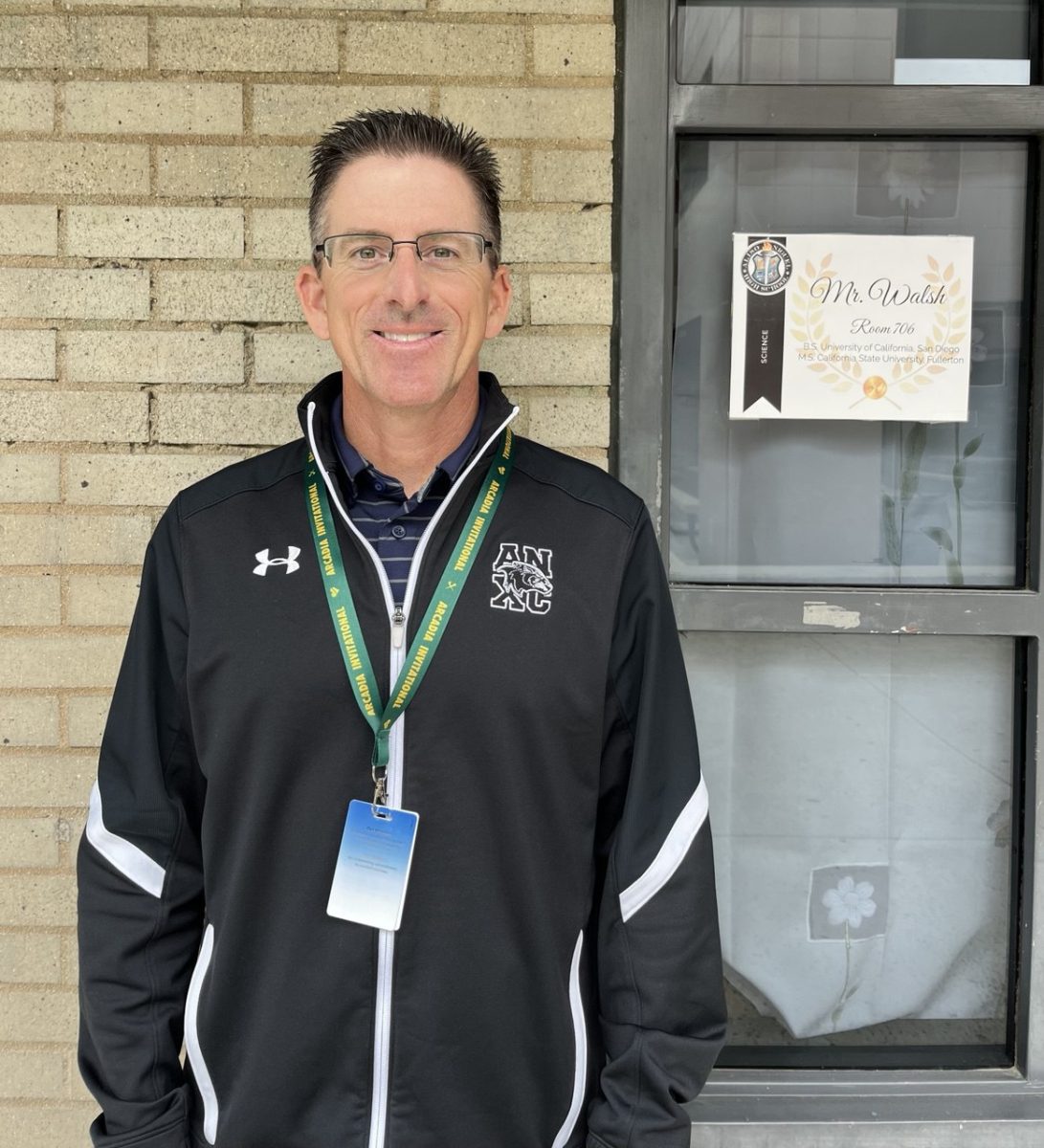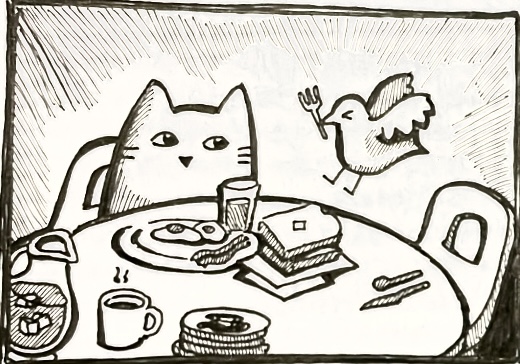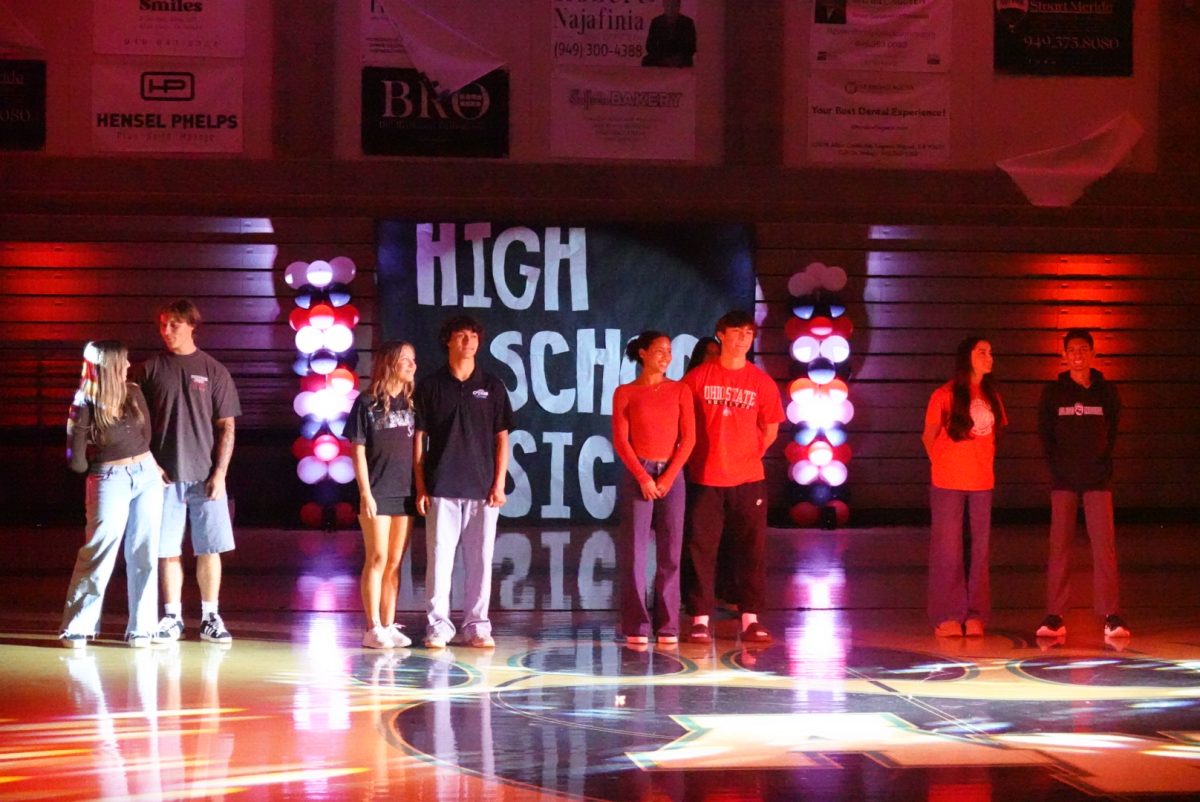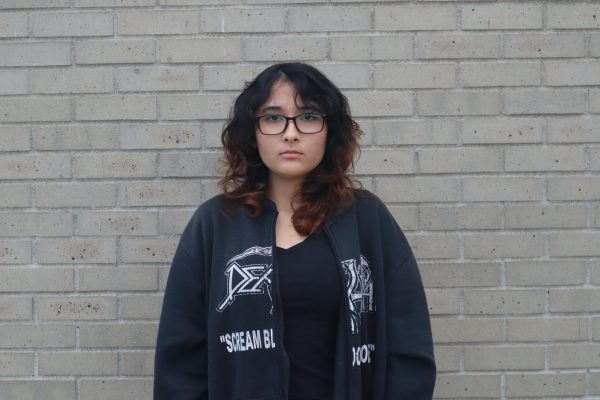During the month of Nov., the United States celebrates Native American Heritage Month. Native American Heritage Month is dedicated to celebrating and honoring the 574 federally recognized tribes and 324 Native American reservations. The month also celebrates and honors the history, culture and contributions of Native Americans. When then-President George H.W. Bush signed a joint resolution that officially recognized November as Native American Heritage Month into law in 1990, it became an annual celebration.
There are many important figures in Native American history. One notable figure is Sacagawea, a Native American woman from the Shoshone tribe who helped play a vital role in the Lewis and Clark expedition, serving as an interpreter and guide. Sacagawea’s knowledge of the land and her ability to communicate with other native tribes were essential in paving the way for America’s westward expansion.
Wilma Mankiller, the first female chief of the Cherokee Nation, was an inspiring leader who advocated for the rights of Native American women and communities. Her leadership from 1985 to 1995 helped improve health care, education and economic opportunities within the Cherokee Nation.
Jim Thorpe was a Native American man from the Sac and Fox Nation and one of the greatest athletes in modern history. Thorpe won two Olympic gold medals in the classic pentathlon and decathlon in 1912. He excelled in American football, baseball and basketball, and became a symbol of athletic excellence for Native American athletes and other athletes as well.
During World War II, the Navajo language became an essential tool in the American war effort. Navajo Code Talkers, a group of Navajo men who developed an unbreakable code based on their native language, provided secure and efficient communication for the U.S. military. Their code played an important role in several key military operations, including the Battle of Iwo Jima, and the code was never deciphered by the enemy forces.
The efforts of the Navajo Code Talkers not only contributed to the American and ultimately Allied victory but also highlighted the unique linguistic heritage of Native Americans.
To commemorate lacrosse for Native American Heritage Month, Aliso Niguel High School students are invited to pick up a flyer and a snack during lunch on Nov. 20.
Ms. Erhard says, “I think it’s very important to recognize all cultures. The more students learn about the diverse community around us, the more informed we will be. It’s also important to give thanks for the land we’re on, and I think it’s really cool that we have these resources in our community.”
Mr. Chapman, “I think that anytime we look into an issue—like Native American issues or any other—the better the celebration, the greater the awareness. It’s very important for our country to preserve these traditions and celebrations to foster awareness. This can be achieved by having meaningful demonstrations or celebrations that educate people about the topic at hand.”
